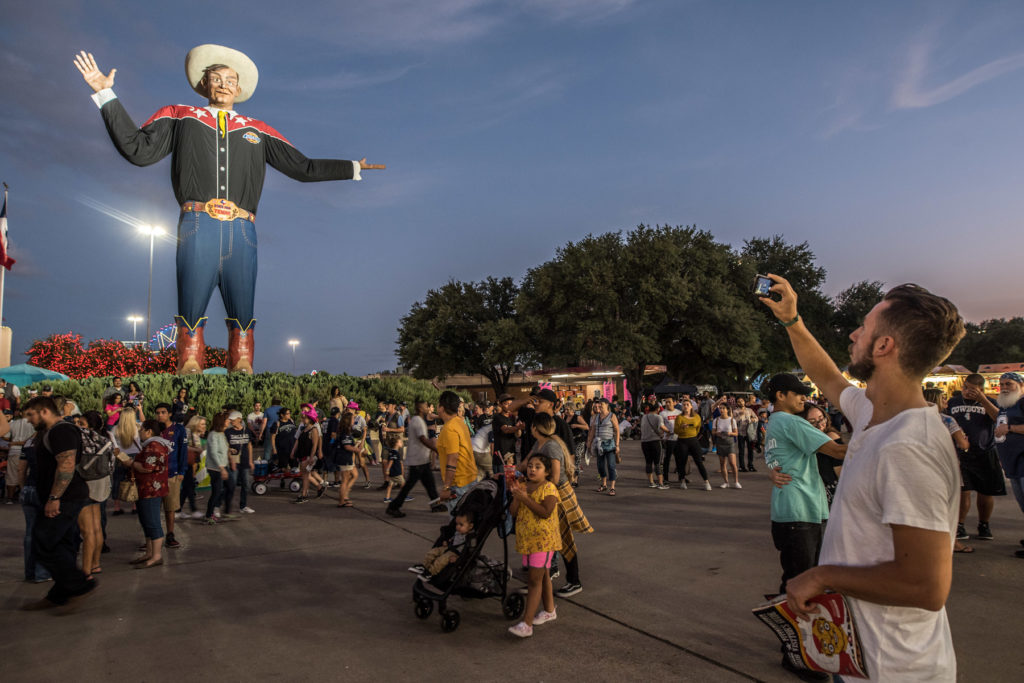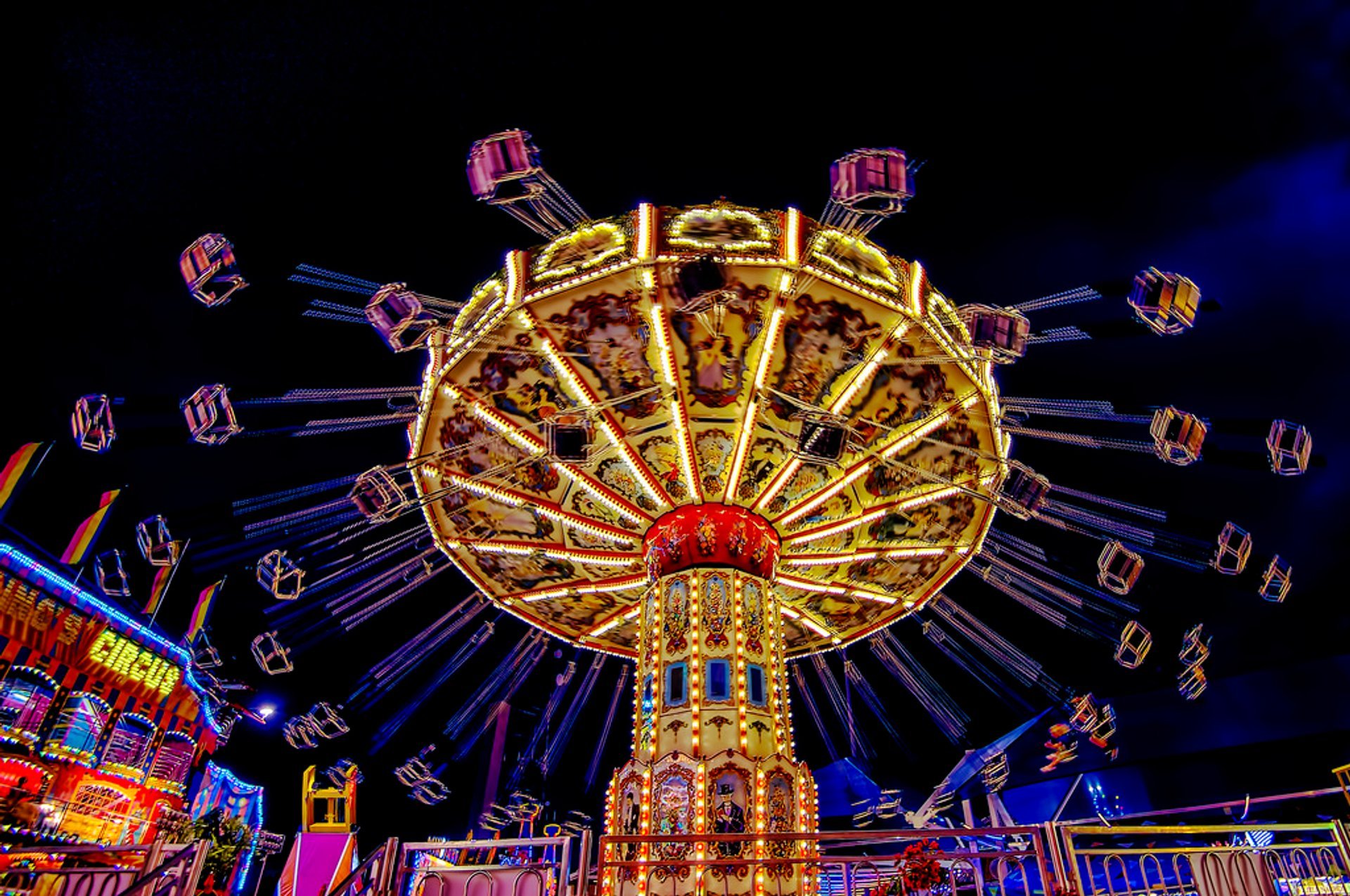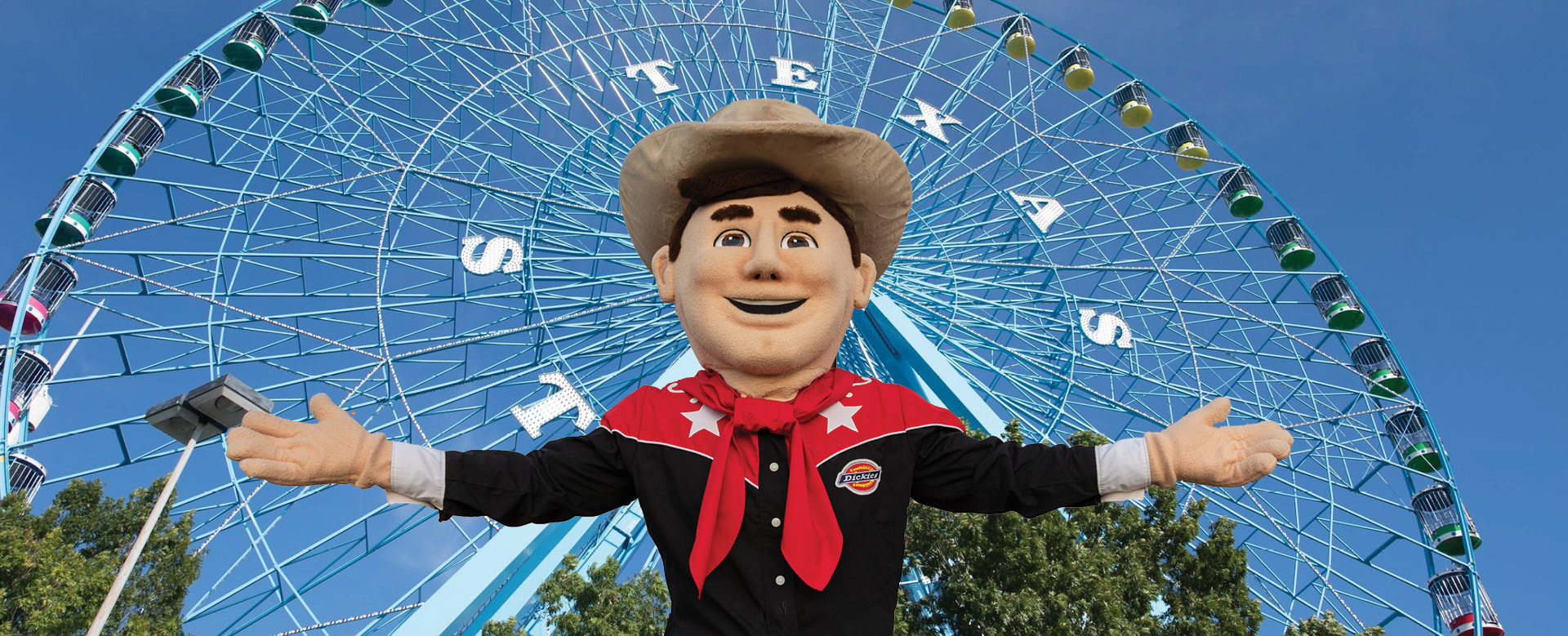
Everytown For Gun Saftey, a nonprofit that advocates for more regulations on guns, said the Supreme Court “got it wrong” in their decision to strike down New York's licensing regulations. “Will a person bent on carrying out a mass shooting be stopped if he knows that it is illegal to carry a handgun outside the home? And how does the dissent account for the fact that one of the mass shootings near the top of its list took place in Buffalo? The New York law at issue in this case obviously did not stop that perpetrator,” he wrote. In a concurring opinion, Justice Samuel Alito actually referenced the mass shooting in Buffalo, arguing that New York's conceal carry regulations don't stop mass shootings. The Supreme Court decision Tuesday, on one of several controversial cases on the docket, could further complicate those efforts. The ruling also comes as the nation reels from a spate of horrific mass shootings, including a racist attack on a Buffalo grocery store and an elementary school massacre in Uvalde, Texas, which triggered a renewed push for reform. It is the most consequential ruling on gun rights by the high court in more than a decade and will likely make similar gun regulation in five other states - California, New Jersey, Maryland, Hawaii and Massachusetts - more vulnerable, as the Washington Post reported.

“We are not going to cede our rights that easily.” “We’re not powerless in this situation,” she said. She said she will be calling on the state Legislature to respond to the court's decision.

Kathy Hochul called the decision “absolutely shocking” and “frightening” during a news conference for a school safety bill signing Thursday. And it is not how the Second Amendment works when it comes to public carry for selfdefense.”

It is not how the Sixth Amendment works when it comes to a defendant’s right to confront the witnesses against him.
#STATE DAIR OF TEXAS FREE#
That is not how the First Amendment works when it comes to unpopular speech or the free exercise of religion. “We know of no other constitutional right that an individual may exercise only after demonstrating to government officers some special need. "The constitutional right to bear arms in public for self-defense is not 'a second-class right, subject to an entirely different body of rules than the other Bill of Rights guarantees,'" Justice Clarence Thomas wrote in the court's opinion. Bruen, the court’s conservative majority deemed that the law went too far, siding with challengers who said the added scrutiny violates their constitutional rights. Currently, New Yorkers seeking licenses to carry firearms outside their homes must demonstrate a “special need for self-protection.” But in New York State Rifle & Pistol Association v. In a decision that could significantly expand the scope of the Second Amendment, the Supreme Court on Tuesday ruled against a century-old New York law requiring those seeking concealed carry permits to show “proper cause” for doing so.


 0 kommentar(er)
0 kommentar(er)
